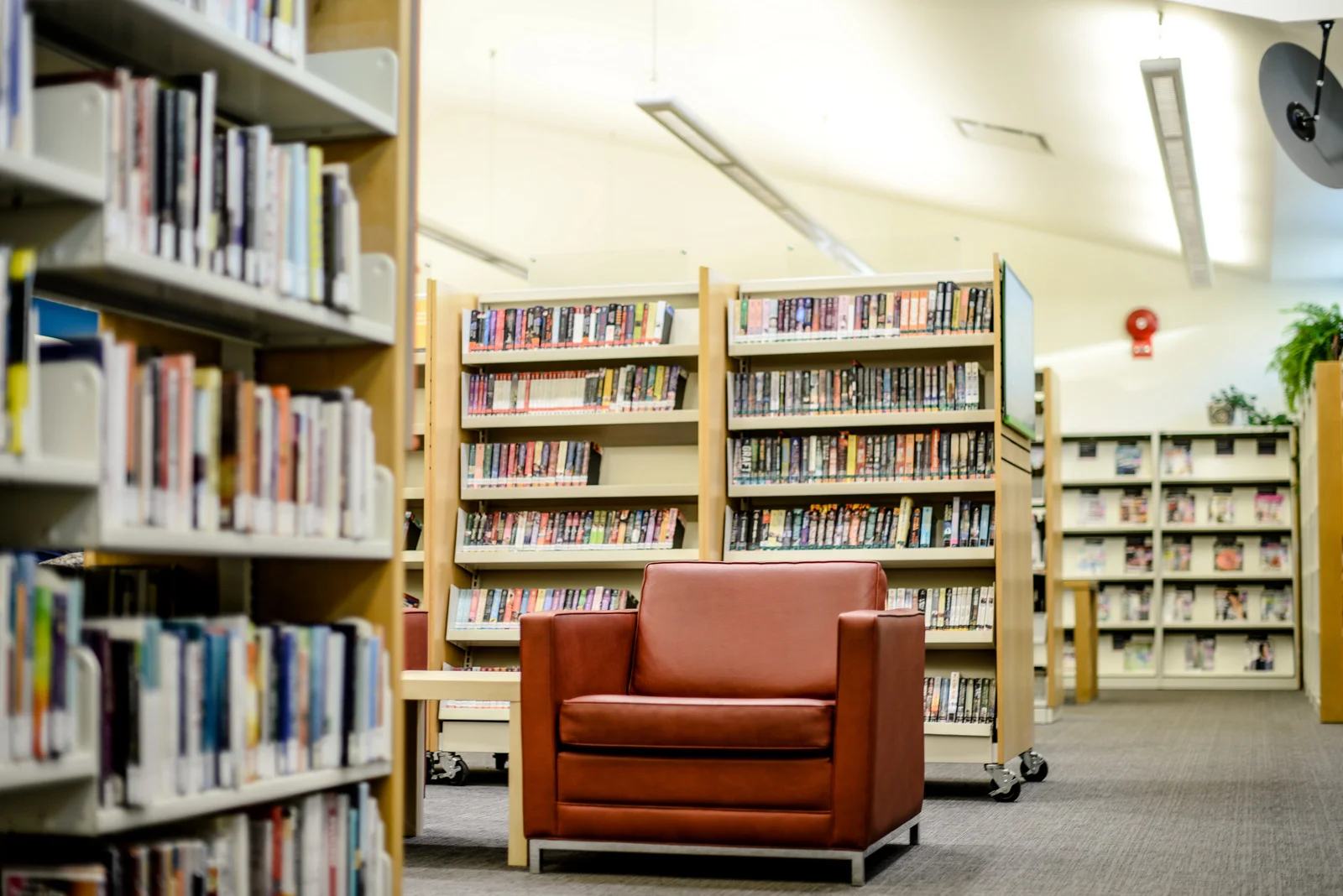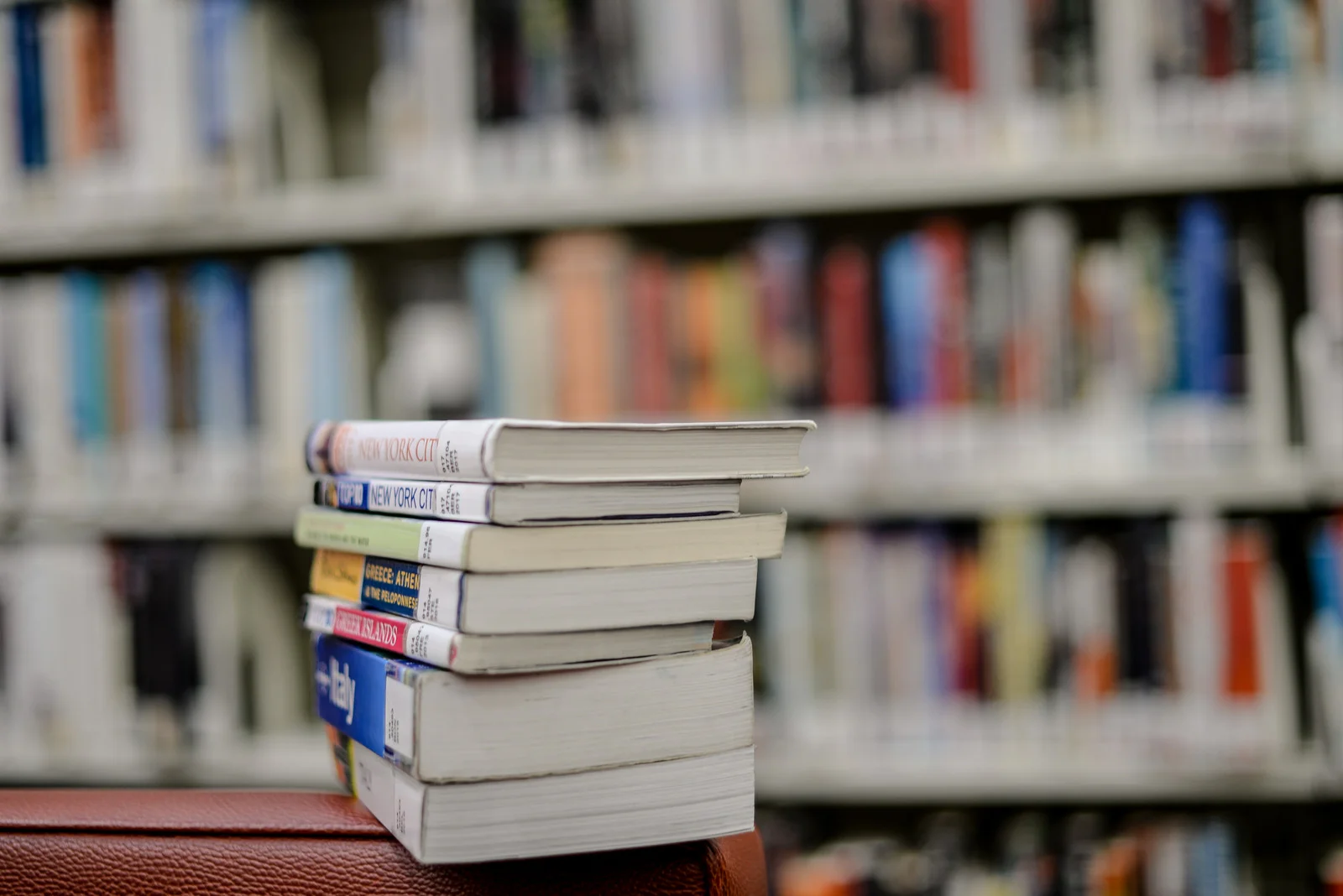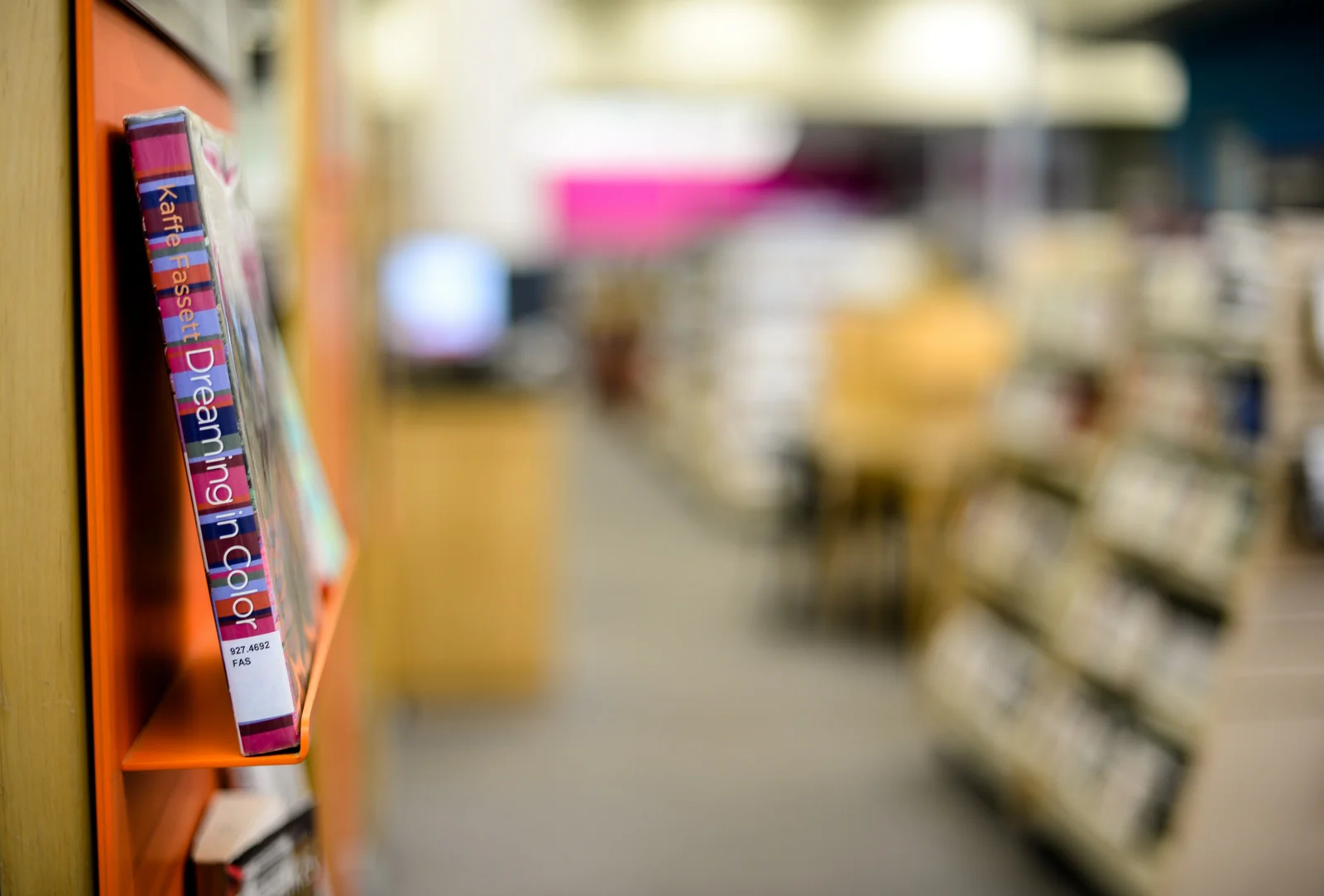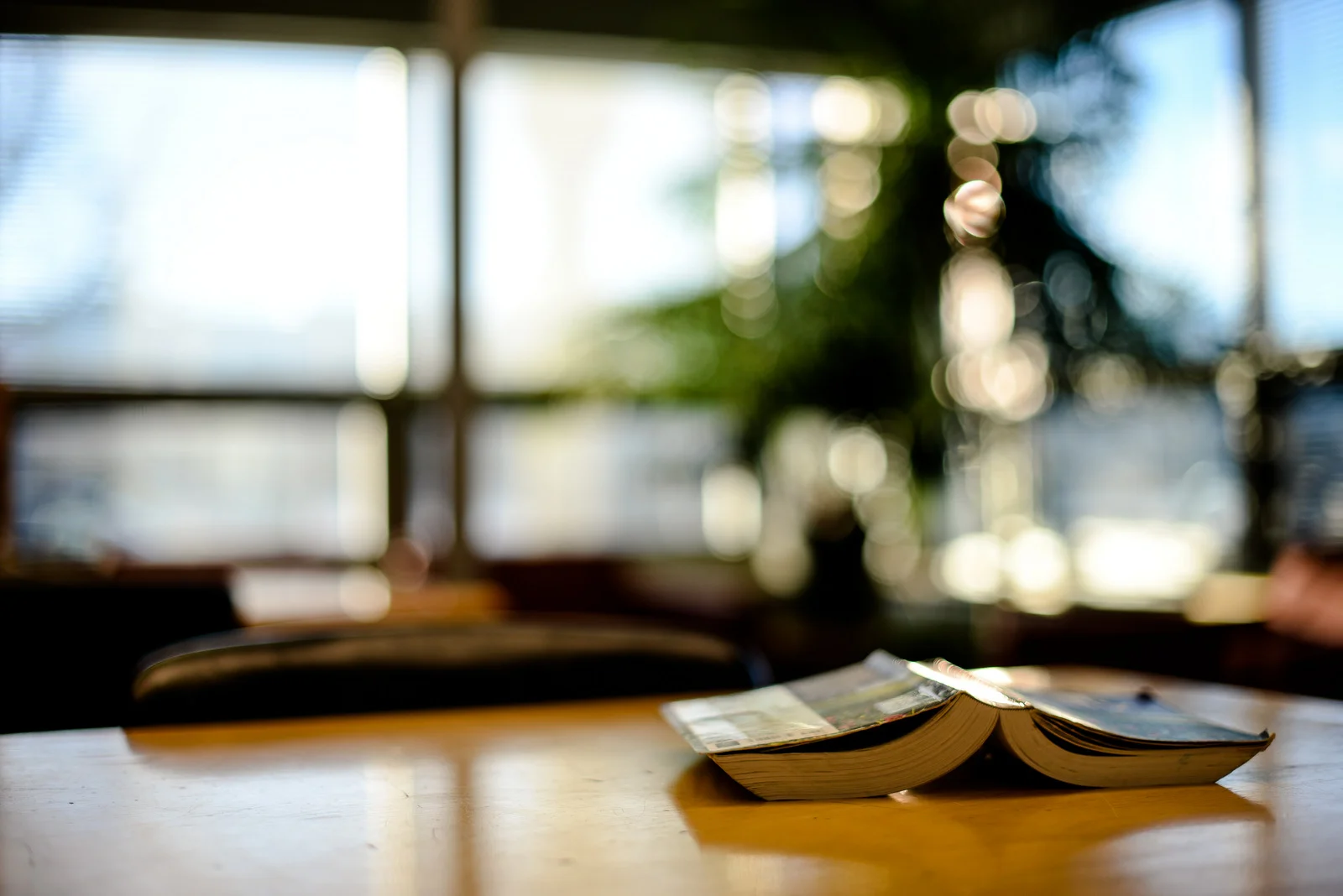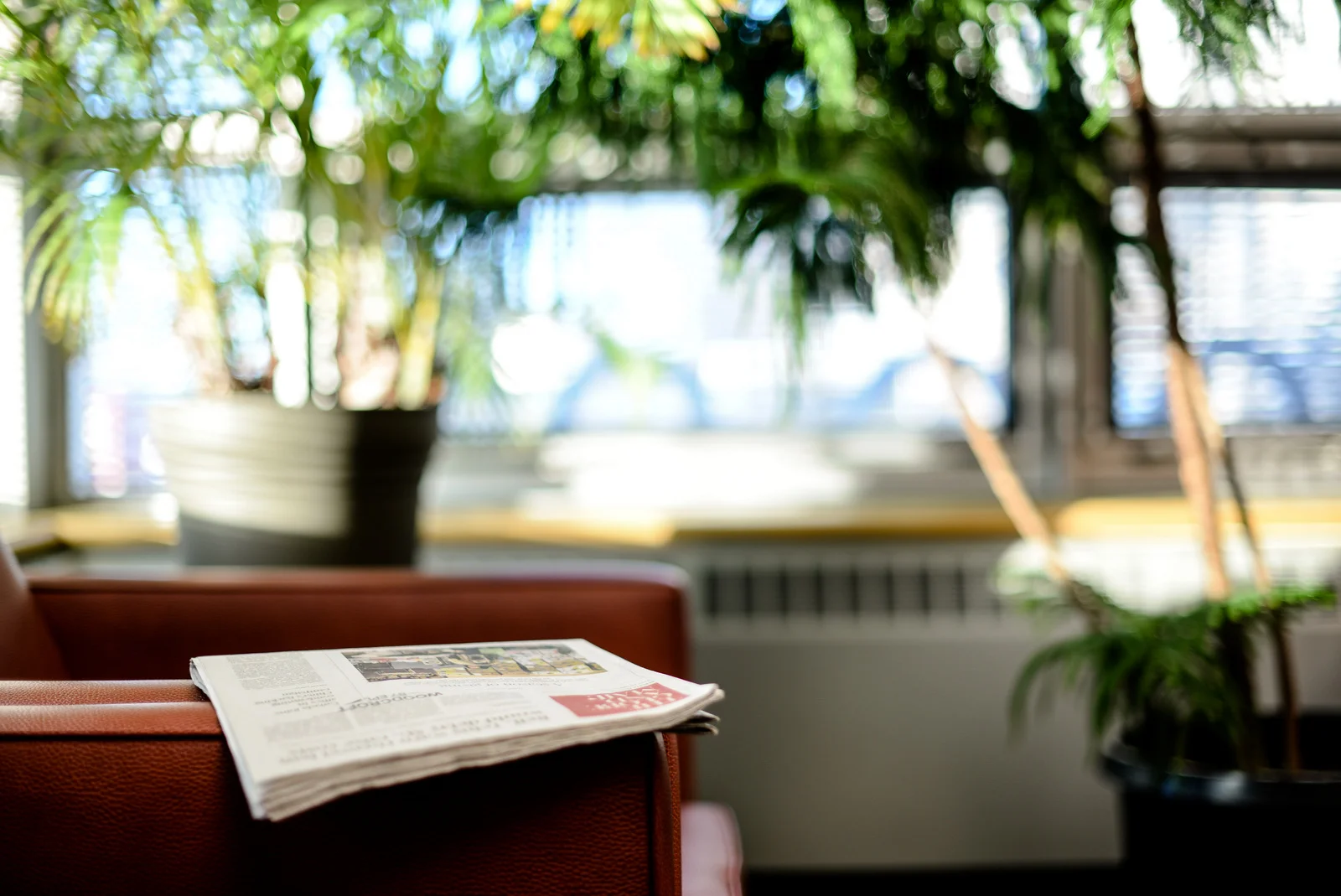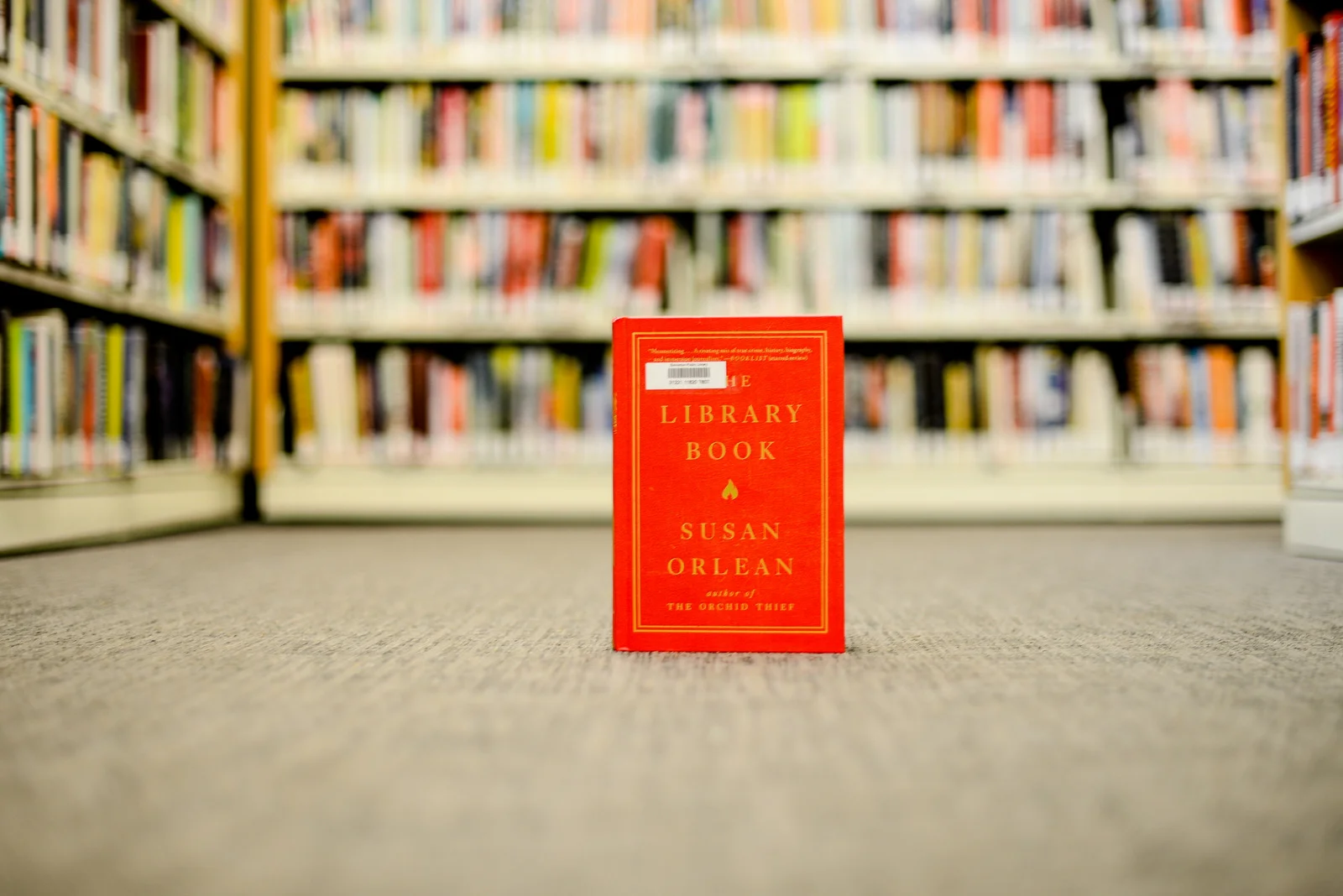10 More Things I’ve Learned Working at the Public Library
One of the most popular posts on this blog is titled 5 Things I’ve Learned Working at a Public Library. And of course the great thing about working at a library is that you’re learning things all the time, every day, whether you want to or not. Some of the things you learn aren’t the things you necessarily expect to learn. A lot of the things I’ve learned at the library (I work at the beautiful Edmonton Public Library) are things I also apply to my regular everyday life, or at least I try to. I could just as easily say “life” as “library.”
1. Not Every Interaction Will Be Perfect
I mean, no kidding right? But I think a long time ago, I might have tried for this. Because you can have a good run. You’re on the front desk, and everyone is loving you. Everything you say sits well with the person to whom you’re talking. You can quickly and easily find the right answers to the questions. Your help is appreciated. Your winning smile is interpreted as a winning smile. Your efficiency is admired. Your tech savvy is remarked upon. Your readers’ advisory is on point. You are rocking the photocopier banter. The small children love the dinosaur you stamp on their hand. The book you recommended last week to a teen is the best book they’ve ever read.
But then there are those days when it all goes sideways. Nothing you say hits the mark. You fumble the question. You misunderstand. They misunderstand. You smile, they frown. A lot of random stuff is suddenly your fault (politics, world events, the weather). The book they just returned has pencil marks and the world is a terrible place. A favourite computer is booked for another customer. Your joke is not funny. The dino stamp was supposed to be a flower! The photocopier lineup is too long. And of course, you keep changing everything and making everything harder for everybody. Not to mention, that book you loved? Someone hated it and couldn’t make it past page 50. Sorry?
What I’ve learned is that imperfect interactions are okay. It’s okay if people don’t like me, or are mad because it snowed, or because they’re not allowed to ride their skateboard in the library, or just plain ornery because of 12 things I know nothing about. Because we get to try it all over again the next day. We get to hit the re-set button and start fresh. Sometimes even with the same person. And often it goes better the next time out. The key is that we’re interacting. We’re trying. We’re muddling through. We’re doing our best.
2. Give People the Benefit of the Doubt
This is part of an openhearted stance. I find that everything goes better if you start off assuming that a person is telling the truth in the best way they can tell it. I assume they’re coming to the library to do library things. I assume they, too, are openhearted, good hearted, nice, lovely, kind. I assume they will behave well. And you know, this is pretty much always the case. I assume that everyone is trying their best. (I’m trying my best). When your expectation is kindness, I wonder, do you receive more kindness? I don’t know but I’ve learned that most people are surprisingly kind.
Well, that’s library people, you might think. Perhaps. But there are a lot of library people out there in the world.
3. We Can All Co-Exist Just Fine
Maybe libraries bring out the best in people. But if you work in a public library you see this every day. Everyone shares space, respectfully, peacefully. There are people from all sorts of backgrounds, who very likely share quite different political views, who come from a wide array of economic circumstances, who speak different languages, who face all kinds of physical and mental challenges, who are tired, who have worries, fears, hopes, dreams, and who sit side by side at a table or at computers. Most days every seat is filled in the library branch where I work. And mostly, everyone gets along just fine. I’m just saying, it can happen. It does happen.
4. You Don’t Always Get to Find Out How the Story Ends
I’m pretty fond of novels. I’m that weird person who often will read the ending before finishing the book. I also write books, and how to end a book is a very big thing for an author. But in real life, we don’t always get to know how things end. When you work in a public library you hear ongoing stories from the people who come into your branch over years. (And then one day they mysteriously stop coming in…) You spend a lot of time with some people. You watch kids grow up, you see your seniors getting older. Sometimes medical issues play out right before your eyes and sometimes an ambulance is called. People tell you things when they’re in a bad way. You celebrate when they have kids, or grandkids. You sometimes witness some pretty sad stuff, some pretty real stuff, and some pretty brutal stuff. You help people make their resumes look nice. You help people find books on some pretty intense subjects. You spend a lot of time connecting people with services which range from help to flee an abusive relationship, to accessing food from the food bank, to finding somewhere to sleep that night. You get fragments. It’s like dipping into novels and reading one page.
But the what happens next thing isn’t usually possible. The person you’ve helped leaves the building and that’s where our work, mainly, ends. Sometimes a customer comes back and says they got the job, or got out of the hospital, or have found more permanent shelter. But more often, we just don’t know. It used to really be hard for me, that not knowing, when it comes to those customers who are experiencing painful things, or anxiety causing things. I’d wake up in the middle of the night wondering, are they okay? (And yes, I’ve scanned the obituaries at times…)
What I do now is practice a little tonglen, breathing in that person’s hard situation, and breathing out the hope of some relief for them. I get that this doesn’t change the life of the person in question, but it makes it easier to help the next person.
5. Small Gestures are Meaningful
Asking someone if they’re okay, if they’re in good health, getting a glass of water, taking a moment to sit and chat, picking up a coat that has fallen from the back of a chair to the floor, these things aren’t a major deal. But they go a long way to acknowledging someone as a fellow human being. They add to the hum of goodness in a space, in a building. I think everyone can hear that hum who comes in.
6. Having Patience while Performing Repetitive Tasks is Rewarding
No seriously, it is, I swear. In my younger days this sort of thing killed me. I thought it was a supreme waste of my intellect, my precious time, and I was embarrassed even, to have to go through the motions, to have such a menial job. (I waited on tables, worked in a bookstore showing customers where to find The 7 Habits of Highly Effective People or Men are From Mars, over and over).
Nowadays, I’m not saying I never get bored, showing someone how to position their piece of paper on the photocopier, how to do a double sided colour copy, or how to highlight text on a computer screen, but I really try to not appear to be bored. I remember how important this simple thing that I’ve done hundreds and hundreds of times is to the person I’m helping. I try to keep it fresh. It’s zen, it’s poetry, it’s a fine performance for a captive audience. The best reward you get is the sigh of relief you invariably get at the end of the interaction. This is exceedingly pleasant.
7. Welcoming People Matters
I hope you feel welcome when you walk into your public library. A lot of us take for granted that they’re welcome in such a space. But what I’ve learned is that many people don’t naturally feel welcome in an institutional type of atmosphere. Maybe this is because they never had that experience in their childhood, or maybe it just wasn’t a good experience for whatever reason. I have been surprised by the amount of shame people carry over even a small library late fee. And the larger ones are sometimes seemingly insurmountable. While entering a library might give you the warm cozy feeling, for some, it’s perceived as just another place of authority, somewhere where they’re going to be told what they can’t do, perhaps. Among the most rewarding moments working in a public library, is reaching people who don’t think the space is for them, and helping them feel comfortable occupying and inhabiting and navigating that space. Letting them know that this bookish world is for them and they are meant to feel good about themselves in it.
If you want to see a librarian get weepy on the front desk, you should see us make a new membership card for someone who has never had one and welcoming them to the library.
8. Referral is Powerful
It’s true that a lot of people think those working at libraries get to read a lot while on the job. Might appear on librarians’ Top 10 Fantasies while Working on the Front Desk 2018, but that’s an entirely other list from this one. (There’s always next year).
A lot of what we do is referring. Which sounds kind of boring and hands-offish. But being able to connect people to services is actually pretty huge. Knowing that those services even exist is a pretty amazing starting point. Whether it’s mental health services, free counselling, legal aid, where to get a free meal, a place to sleep, how to access a women’s shelter, etc, finding out the where and how of things can be life changing. Some of the referrals can be pretty imperative, weighty, but I’ve also helped customers find the nearest knitting circle, places where they can adopt a cat, and where you can buy bulk spices.
Putting a map, a physical or web address, a contact name, a bus route, into a person’s hand can be extremely useful even in this age of GPS, google, and smart phones, to which not everyone has access.
9. The Most Important Thing You can Give Someone is a Connection
Quite some time back, one of the outreach workers that works at our library gave us some good advice which has made all the difference to me. What she said was that the most important thing you can do for someone is to give them a sense of connection, a feeling of community. People want to be seen, they want to be visible, they want a glimmer of understanding. We all want that.
So while at one time, I might have spent a lot of time wishing I could solve all the problems of someone who was homeless or at risk or lonely or all of the above, give them clothes, food, money, (things I can’t really do in my position), I now work on connecting with them. Knowing someone’s name, for example, is a powerful thing. Often people go for days without being addressed by their name. I try to find out things we have in common. What would I have in common with a homeless person or at risk teen or senior, you might wonder. Tons! I have found myself connecting over a common love of dogs (especially Labrador retrievers), poetry, Bruce Springsteen, medieval chants, the study of Buddhism, Shakespeare, Star Trek, Big Macs (don’t judge me), Doritos (see also Big Macs), photography, fashion, Van Morrison, Jane Austen, walking, nature, and if all else fails, I talk about libraries. The secret, of course, is that this works with everyone. The other secret is just to be interested in humans, in their ordinary lovely everyday stories.
I’m often asked, as a writer working in a library, if I’m writing them all down. I’m not. (They’re not my stories). But they’re all in there somewhere. What I’ve learned is to enjoy the stories I’m told as gifts. I’m not going to spoil the gift by using it, per se. I’m saying thank you. I’m feeling grateful.
10. The Library Has Stuff You Don’t Know About
We could play that game where I bet I can tell you the library has stuff or does things you didn’t know about and want to know about. Even regular library users don’t usually know all that the library has to offer. Most people know libraries have books, and even ebooks. They likely know about the masses of activities and classes on offer for children. Possibly even they know about the speaker series. (Our library even had Neil Gaiman as a speaker last year). Your library might have different cool stuff, but I’ll speak for mine here, and hope you have similar. For example, you can access the Oxford Online Dictionary (big thing for writers), or the New York Times. You can learn a language with Rosetta Stone. You can screen Acorn TV and Kanopy. You can ask for some personal picks if you can’t figure out what to read or watch next. You can consult with a writer in residence. You can learn how to sew.
I could go on, but you get the idea. If you haven’t been to a library for a while, you really should.

